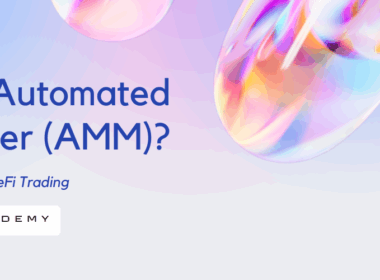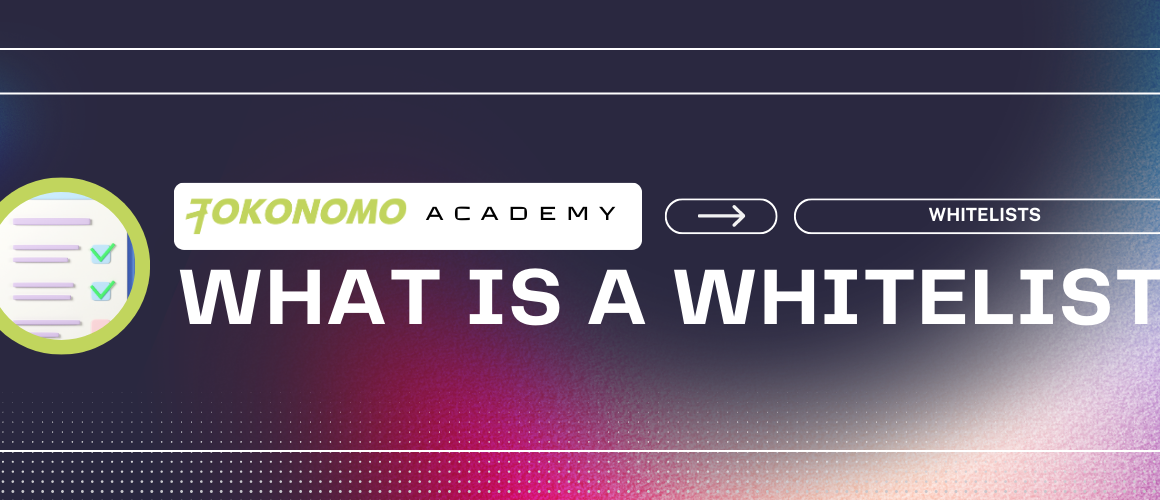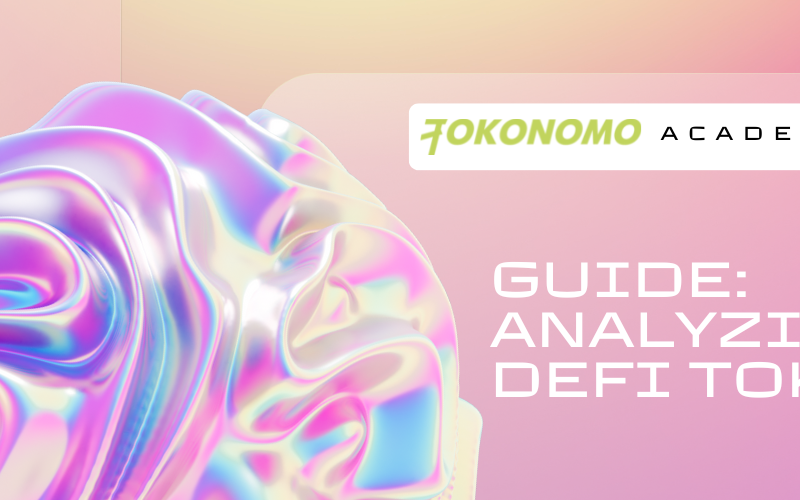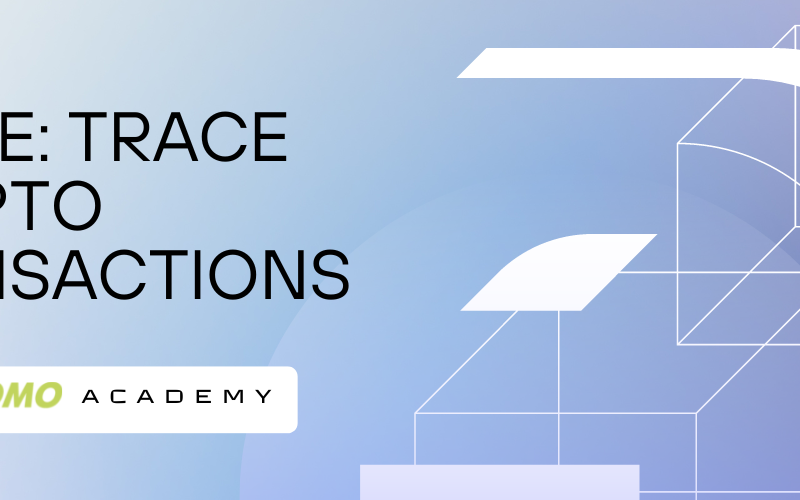Initial coin offerings (ICOs) and initial decentralized offerings (IDOs) have become a popular way for startups to raise funds through cryptocurrency. However, with the rise of these offerings comes an increased risk of fraud and scams. This is where a whitelist comes in. In this article, we will explain what a whitelist is and how it is used in IDO/ICO token sales.
What Is a Whitelist?
A whitelist is a list of individuals or entities that are authorized to participate in a specific event or activity. In the context of IDO/ICO token sales, a whitelist is a list of people who are eligible to participate in the sale of a particular token. To be added to the whitelist, individuals must meet specific criteria, which can vary depending on the project.
Benefits of Whitelisting for IDO/ICO Token Sales
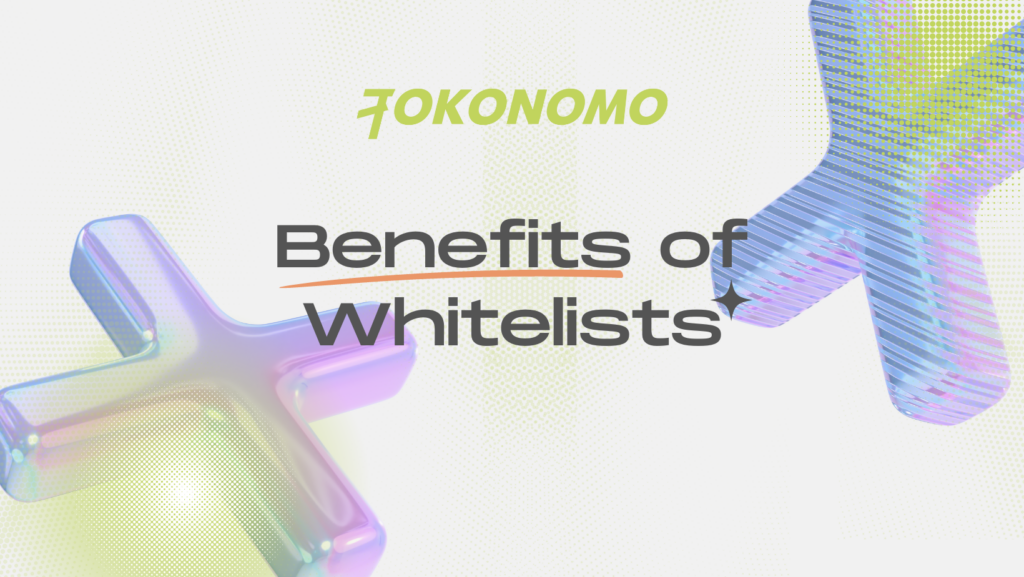

Increased Security
Whitelisting provides increased security for IDO/ICO token sales by limiting participation to a select group of individuals who have been vetted and verified. This significantly reduces the risk of fraudulent activity and scams, which have been a significant concern in the cryptocurrency space. The project team can ensure that only legitimate participants are allowed to participate in the sale, reducing the likelihood of bad actors manipulating the market. Furthermore, by limiting participation to a select group, the project team can monitor activity more closely, ensuring that all participants are following the rules and regulations set out by the project. This can help to prevent insider trading and other unethical behavior that could harm the project or the investors.
Enhanced Transparency
Whitelisting also enhances transparency for IDO/ICO token sales. By maintaining a whitelist, the project team can keep track of who is participating in the sale and ensure that everyone is following the rules. This can help to prevent any insider trading or other unethical behavior that could harm the project or the investors. Moreover, the project team can provide regular updates to the whitelist participants regarding the progress of the project, including any changes in the token’s value, updates on the project’s development, and other critical information. This helps to ensure that all participants are informed about the project and its progress, enhancing transparency and accountability.
Improved Fundraising
Whitelisting can help to improve fundraising for IDO/ICO token sales in several ways. Firstly, by limiting participation to a select group of individuals, the project team can create a sense of exclusivity and scarcity, which can help to increase demand for the token. This can lead to a more successful sale and can help to attract new investors to the project.
Secondly, by limiting participation to individuals who are genuinely interested in the project, the team can ensure that they are attracting the right kind of investors who are more likely to hold onto the tokens and contribute to the long-term success of the project. This can help to improve the project’s overall fundraising efforts and ensure that the project has the support it needs to succeed.
Finally, whitelisting can help to create a community of like-minded investors who are interested in the project and its long-term success. This community can provide valuable support to the project team, providing feedback, ideas, and other resources that can help the project to succeed.
How to Join a Whitelist
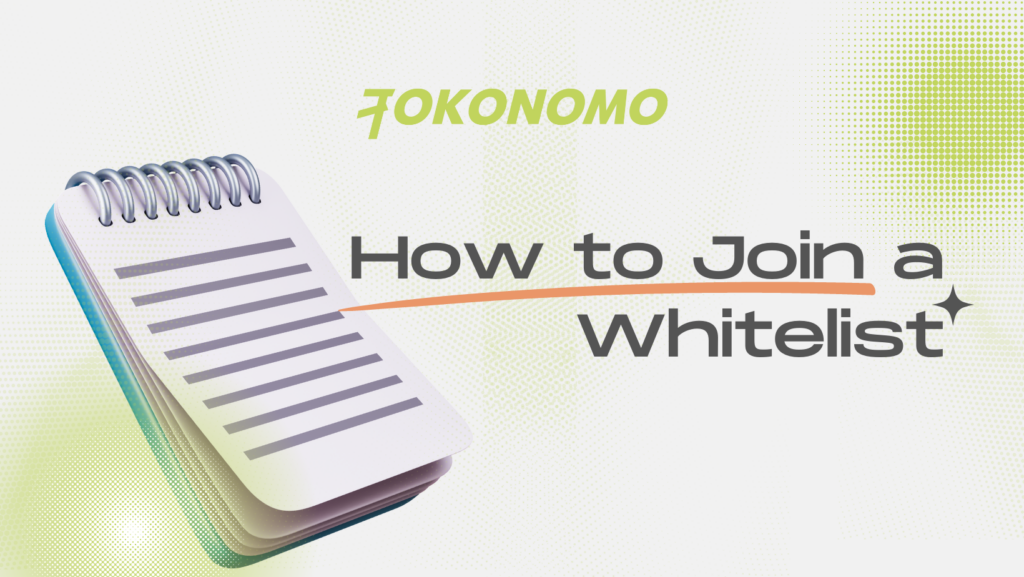

If you are interested in participating in an IDO/ICO token sale, the first step is to check if the project has a whitelist. If they do, you will need to follow the steps outlined by the project team to join the whitelist. These steps can vary depending on the project, but here are some common ones:
Signing Up for the Whitelist
To join a whitelist for an IDO/ICO token sale, interested parties will need to sign up by providing their email address or other contact information to the project team. This information is typically available on the project’s website or social media channels.
The project team may require interested parties to complete a form or questionnaire to gather additional information about their background, interests, and investment experience. This information will help the project team to determine whether the interested party is a good fit for the project and the whitelist.
After submitting their contact information and any additional required information, interested parties will be added to the whitelist and will receive updates and instructions on the token sale.
Verification
Once an interested party has signed up for the whitelist, they will need to go through a verification process to confirm their identity and ensure that they meet any eligibility requirements set out by the project team. The verification process may include providing personal information such as their name, address, and government-issued ID.
The project team will typically use third-party verification services to ensure that the information provided by the interested party is accurate and up-to-date. This helps to prevent fraud and ensure that only legitimate participants are added to the whitelist. The verification process may take some time, and interested parties should be prepared to provide additional information or documentation if requested by the project team. Once the verification process is complete, the interested party will be notified and can proceed to the next step of the process.
Allocation
After a participant has been verified, they will be allocated a certain number of tokens that they can purchase during the token sale. The allocation of tokens may be based on several factors, including how early the participant signed up for the whitelist, how much they have contributed to the project in the past, or other criteria set out by the project team.
The project team will typically provide regular updates to the whitelist participants, providing information on the progress of the project and any changes in the value of the tokens. They may also provide instructions on how to participate in the token sale and purchase the allocated tokens.
Participants should be aware that allocation of tokens does not guarantee a successful purchase during the token sale. Token sales can be highly competitive, and the demand for tokens may exceed the supply. Therefore, participants should be prepared to act quickly and follow the project team’s instructions carefully to increase their chances of a successful purchase.
Conclusion
In conclusion, a whitelist is a powerful tool used by projects conducting IDO/ICO token sales to manage their fundraising efforts. By limiting participation to a select group of pre-approved investors, projects can increase security, transparency, and fundraising opportunities.
Participating in a whitelist requires interested parties to provide personal information and go through a verification process to confirm their identity and eligibility. Once verified, participants are allocated a certain number of tokens that they can purchase during the token sale.
While participating in a whitelist does not guarantee success in the token sale, it can increase investors’ chances of success by providing access to exclusive opportunities and information. Additionally, participating in a whitelist allows investors to be part of a community of like-minded individuals who share a common interest in the project and its success.
It’s important for investors to carefully evaluate projects before signing up for a whitelist, as not all projects may be reputable or meet their investment goals. Investors should also be prepared to follow instructions carefully and act quickly during the token sale to increase their chances of success.
Overall, whitelisting is a valuable tool for projects conducting IDO/ICO token sales and can provide a range of benefits for investors. By following the steps outlined in this article, interested parties can participate in whitelisting and potentially benefit from the growth and success of innovative blockchain projects.
